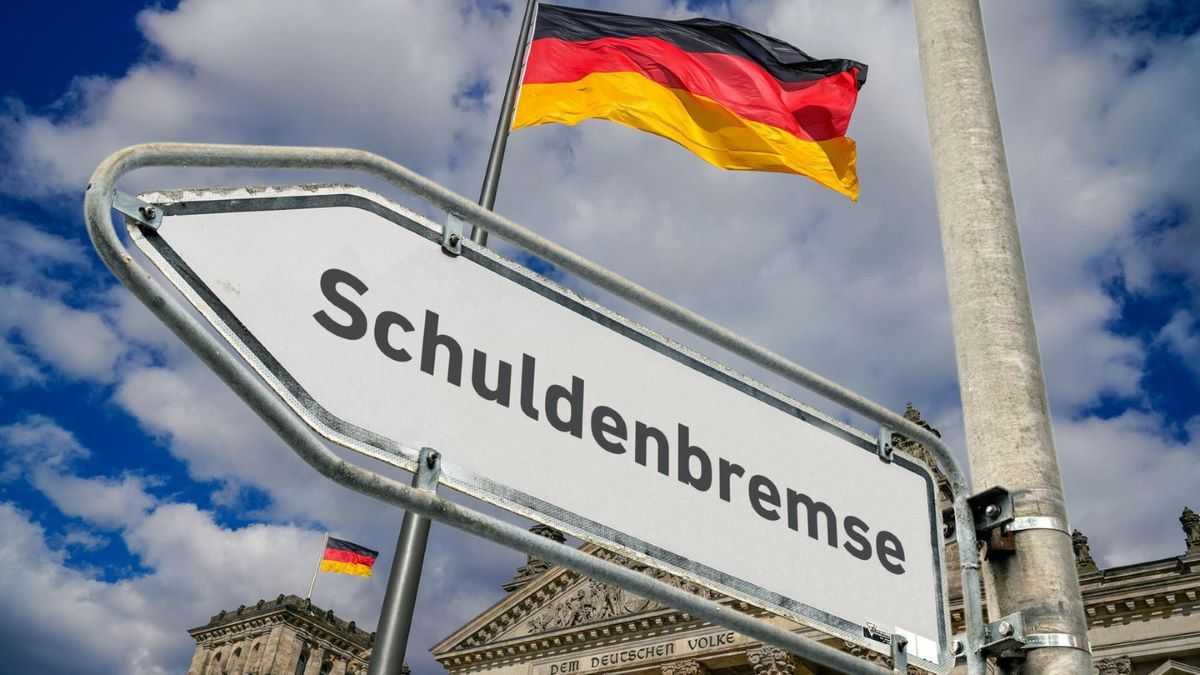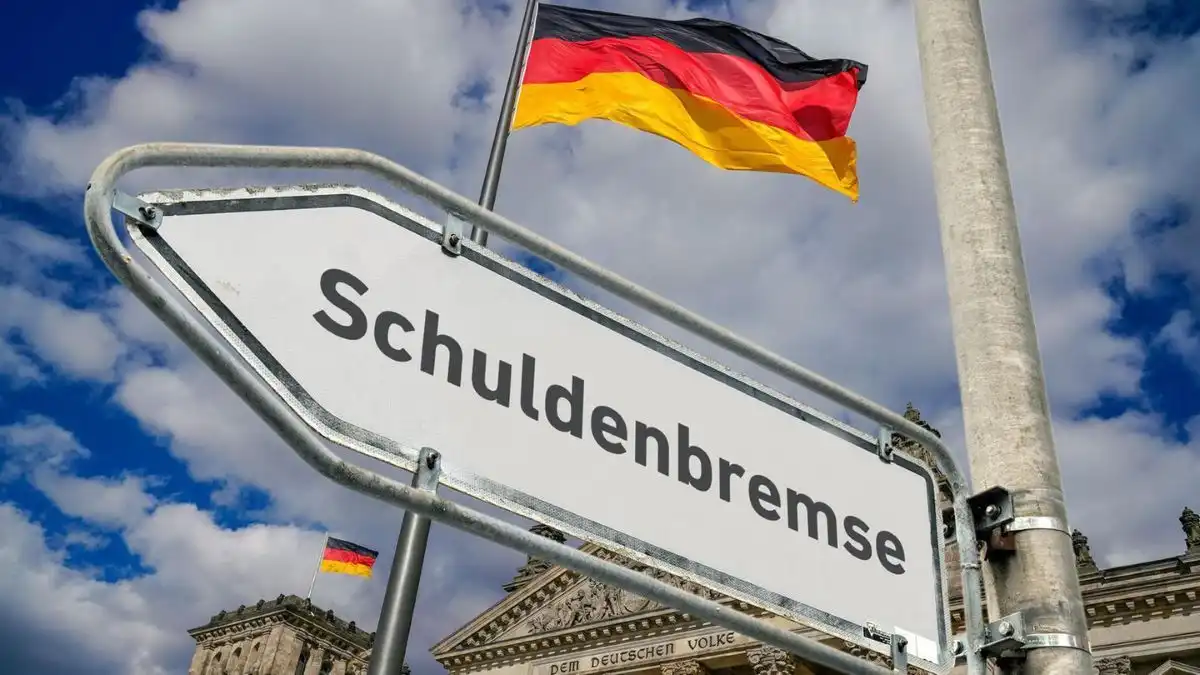Home>Quo vadis: debt conservatism? End of fiscal frugality in Germany and broader implications for European fiscal governance

09.04.2025
Quo vadis: debt conservatism? End of fiscal frugality in Germany and broader implications for European fiscal governance
About this event
09 April 2025 from 14:45 until 16:45
Émile Boutmy Amphitheatre
27 rue Saint-Guillaume, 75007, Paris“Whatever it takes". Resorting to the well-known words by Mario Draghi in 2012, Germany's likely-to-be next leader, Friedrich Merz announced, shortly after the general election, an astonishing and historic U-turn in the course of the country's public finances.
As weak economic performance, crumbling infrastructure and threats to European security put significant pressures on the country's budget, massive new debt packages of 500 billion € were issued and a significant reform of the infamous "debt brake" was announced. The Bundestag adopted the measures on March 18th. Are the age-old fiscal chains loose now? What might the unshackling of German fiscal policy imply for European fiscal governance? How do markets react - is the EMU’s stability at stake?
The School of Public Affairs is honoured to invite the following expert speakers to discuss the future of debt conservatism in the aftermath of the latest twist in the story of European fiscal governance:
- Moritz Schularick is Associated Professor of Economics at Department of Economics of SciencesPo, President of the Kiel Institute for the World Economy and fellow of the DFG-Excellence Cluster ECONtribute. An expert in macrofinance and debt, he has emerged as one of the leading voices for debt break reforms in Germany and is among the chief architects behind the recent debt package and constitutional reform. Prof. Schularick will speak about the inner workings of the reform – the economic underpinnings, the political dealmaking required to bring it forward and the reaction to the deal from both critics and proponents, and give his opinion what this means for the future of Germany and the European Union's fiscal coordination in the uncertain economic outlook of today.
- Armand Zorn is Member of the Bundestag for the consistuency Frankfurt am Main I and representing the Social Democratic Party; member of German Delegation of the Franco-German Parliamentary Assembly and a former alumni of SciencesPo’s School of Public Affairs. As a member of the Finance Committee in the outgoing Bundestag, Mr. Zorn is well placed to discuss the historical evolution of debt reform discussions that precipitated the collapse of the previous Ampel coalition government, the inner political considerations of recent negotiations of which he was a participant, and what this new reform package means for Germany's future political and economic landscapes: is this an exceptional reform or a harbinger of wider changes in Germany's taxation and debt policies?
- Zsofia Barta is Professor in Political Economy at the Centre for European Studies and Comparative Politics and a pre-eminent expert of the political economy of debt at a European level. Prof. Barta will be able to provide insight on what implications the German debt brake reform will have on the stability of the European Monetary Union, on the place of European rules on fiscal conservatism in the larger European economic discourse, and whether Germany's stabilising role as the European Union’s largest market is still relevant. In short, where does Europe go from here?
The event will take place into two parts:
- Part One: 45 minutes round table where each expert speaker will give a short presentation.
- Part Two: the floor will then open to the audience for a Question and Answer session, moderated by two students in the Economics and Public Policy stream at the School of Public Affairs:
- Julius Kasberger
- Noah Daniel
